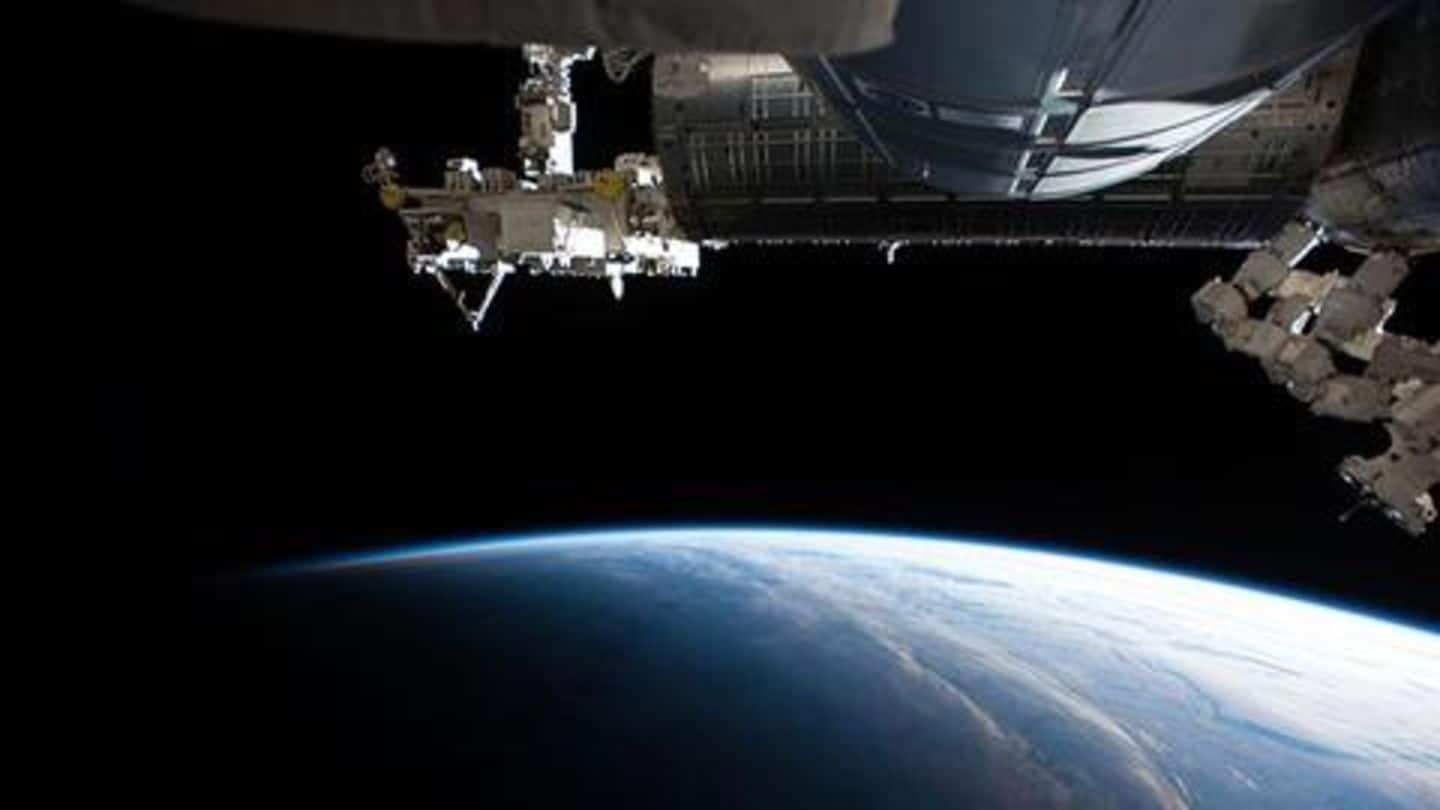
If you're rich, you can go to space for holidaying
What's the story
The ultra-rich ones amongst us now have a chance to spend their holidays in space, thanks to NASA. The American space agency has opened the International Space Station for private tourists and business ventures. It will charge on a per night basis, letting people explore microgravity and enjoy phenomenal views of planet Earth. Here's all about this ambitious plan.
Plan
Move to commercialize ISS
Though private citizens have visited ISS before, the focus of the orbiting lab - which hosts 6 astronauts at a time - has always been towards research and experiments in space. But now, the agency has announced the plan to open the lab to private citizens and businesses as part of an effort to commercialize the activities there, Reuters reported.
Do you know?
Who was the first private tourist to visit ISS?
Interestingly, Russia has sent several private tourists to the space station. The first of the lot was US businessman Dennis Tito who paid the Russians some $20 million for a round trip, BBC reported.
Cost
How much a space trip will cost you
A private space tourist would have to shell out some $35,000, which is nearly Rs. 25 lakh, to spend a night on ISS. They could spend up to 30 days on the station, but it's worth noting that the agency's rates only cover accommodation, food and communication services. For flying up there, you'll have to pay a whopping $50 million to its launch partners.
Partners
SpaceX and Boeing are NASA's space flight partners
NASA has partnered with Elon Musk's SpaceX and Boeing to launch humans to the space station as part of its Commercial Crew Program. Both companies have built their own crew spacecraft and will be using them for manned flights soon. They will first launch professional US astronauts to the space station and then move towards launching private space tourists.
Preparations
First flight slated for 2020
Notably, all the flight-related preparations will be managed by the two commercial partners of the space agency. They would conduct medical checkups of the private tourists as well as train them to spend time in microgravity environments without any problems. NASA may start the flights in 2020, but as of now, it hasn't planned more than two private flights in a year.